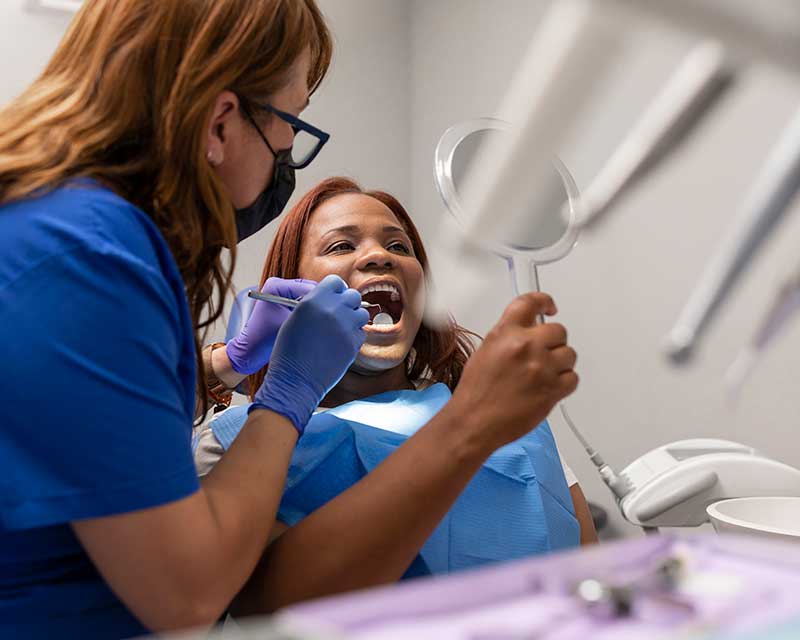The Importance of Knowing What Constitutes a Dental Emergency

Dental emergencies can happen to anyone, at any time, and knowing what to do in these situations is crucial. But how do you know when a dental issue is considered an emergency?
A dental emergency can be defined as any issue involving your teeth, gums, or oral cavity that requires immediate attention from a dental professional. Some common examples include severe tooth pain, a knocked-out tooth, a broken tooth, or bleeding gums. These situations can be extremely painful and cause significant discomfort, making it difficult to eat, speak or even perform basic tasks.
If you experience any of the above symptoms, it’s important to seek dental care as soon as possible. Delaying treatment can not only increase the severity of the issue, but it can also result in costly and extensive dental work down the road.
In some cases, dental emergencies can be prevented with good oral hygiene habits, such as brushing and flossing regularly, and visiting your dentist for routine check-ups. However, accidents can happen, and it’s important to know how to respond when they do.
The first step when experiencing a dental emergency is to call your dentist or an emergency dental clinic immediately. They can provide guidance on what to do next and may be able to see you for an emergency appointment. In some cases, they may even recommend going to the emergency room, especially if the issue involves a significant amount of bleeding or trauma to the head or neck.
In the meantime, there are a few things you can do to alleviate pain and discomfort. For instance, if you experience a knocked-out tooth, try to reinsert it back into its socket, or place it in a cup of milk. If you experience bleeding, apply pressure to the affected area with a clean cloth.
In conclusion, knowing what constitutes a dental emergency is crucial for maintaining good oral health and preventing long-term damage. By taking the appropriate actions when a dental emergency arises, you can reduce pain, prevent further damage, and ultimately, save your teeth. Remember, if in doubt, seek professional help immediately.

Leave your comment
You must be logged in to post a comment.